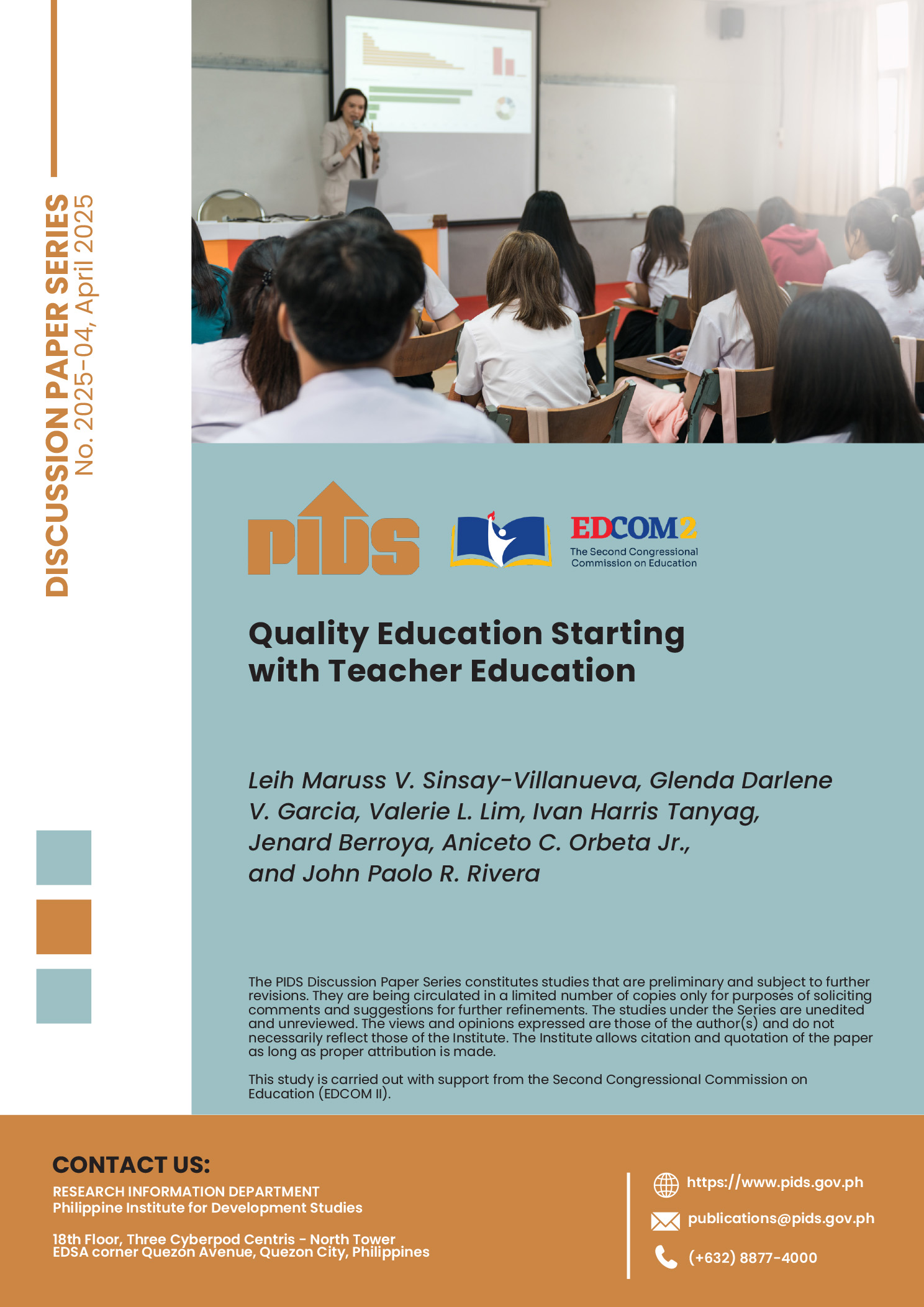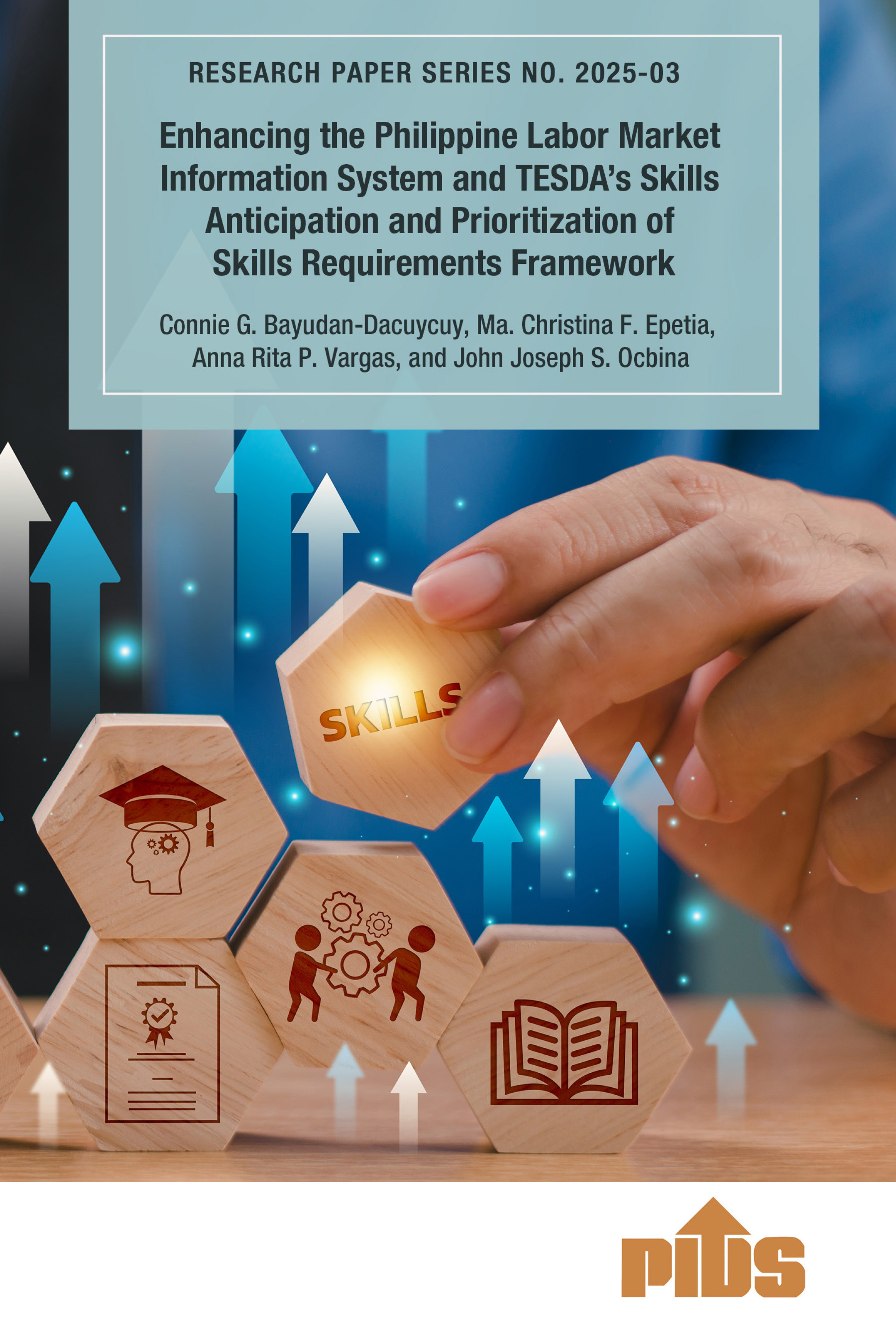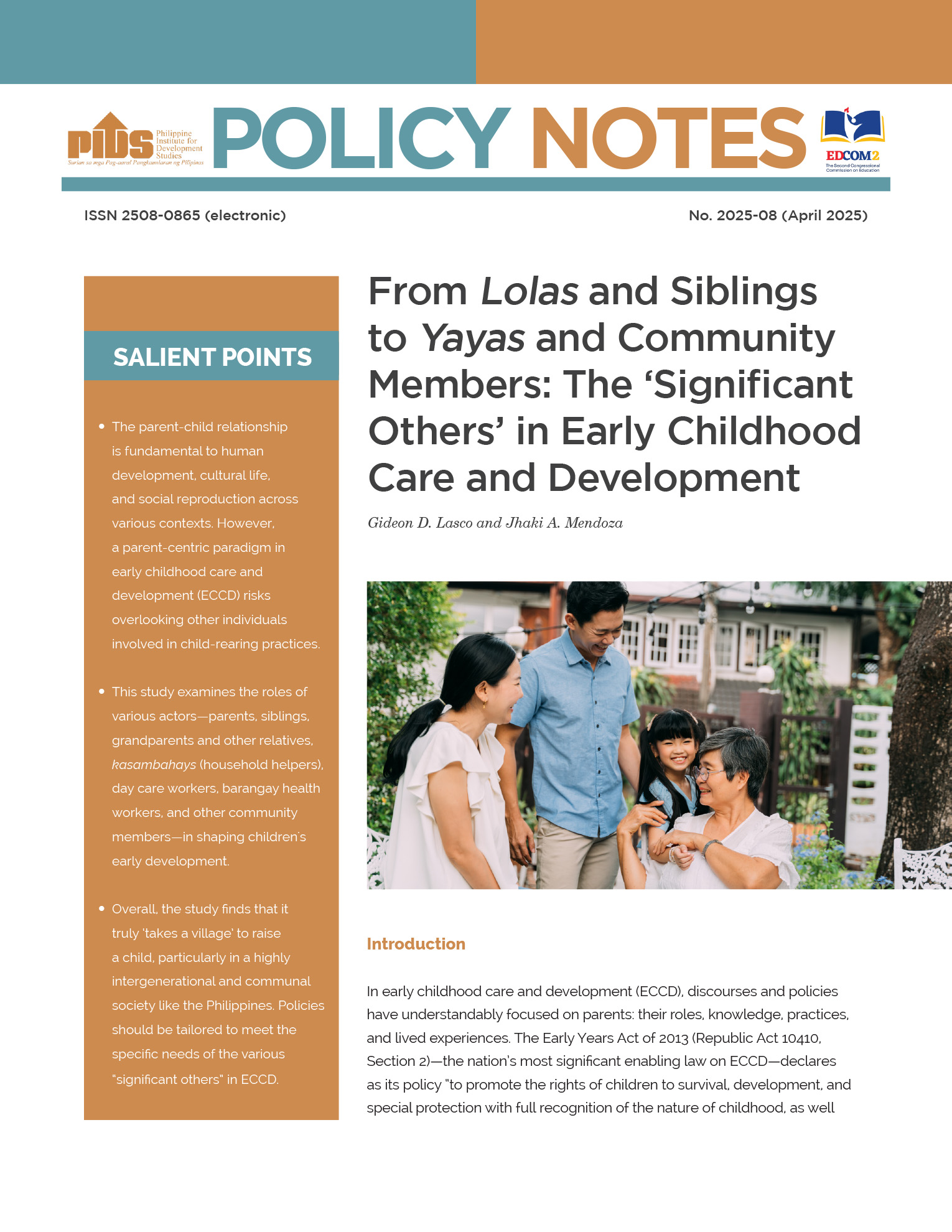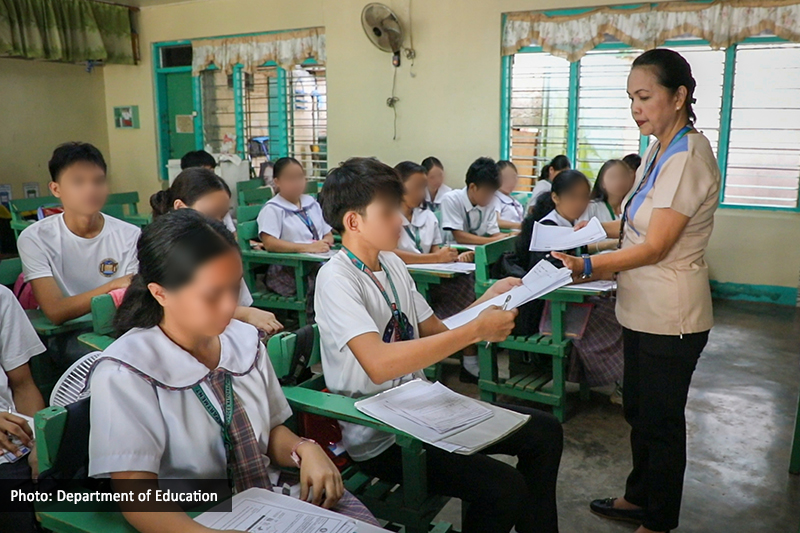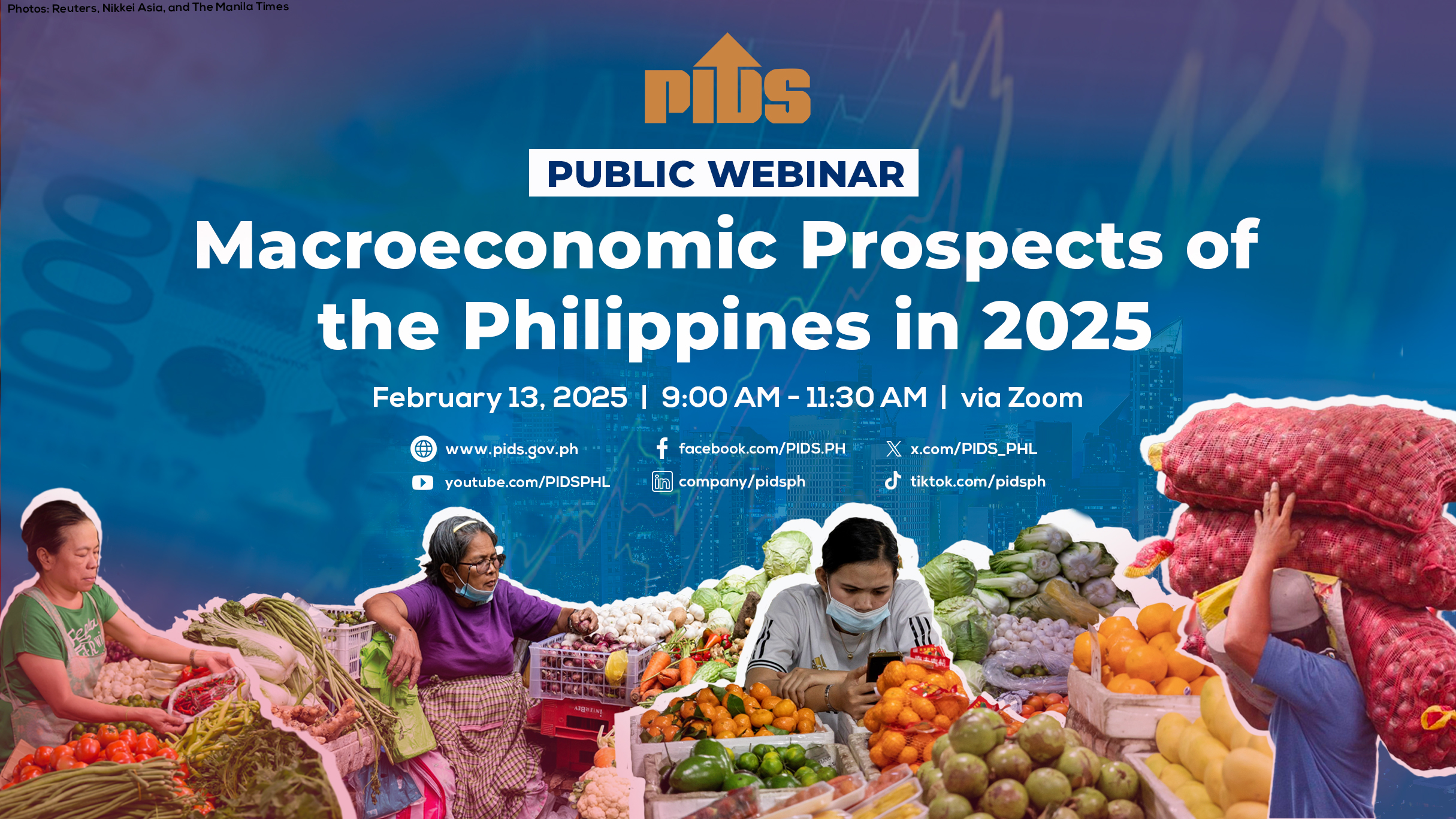A roster of powerhouse names in the field of educational leadership and global citizenship shared compelling topics at the closing of the second International Conference on Innovations and Education 2025.
Dr. Maria Cristina Padolina, President and Chief Academic Officer of the Centro Escolar University, opened the third day plenary sessions with her highlighting the transformative potential of artificial intelligence while emphasizing the critical need for responsible implementation. She urged educators and institutions to use AI ethically in its maximum advantage to cultivate global citizenship among students. Dr. Padolina compared AI’s good and harmful sides to the sirens in Homer’s Odyssey, showing how important it is to use AI responsibly in education. She concluded her address with a powerful analogy of Ibong Adarna, a popular Filipino folktale which emphasizes the values and ethics in using AI.
In his plenary address, Philippine Association of State Universities and Colleges (PASUC) and Batangas State University President Dr. Tirso Ronquillo emphasized the urgent need for Philippine higher education institutions to integrate artificial intelligence effectively and responsibly to equip the students and faculty for the future of work and research. Significant consequences may happen if actions were delayed according to him.
Representing Dr. Jose Ramon Albert of the Philippine Institute of Development Studies, Dr. Francis Quimba, Senior Research Fellow talked about how the Fourth Industrial Revolution, especially AI, is changing jobs and how education needs to change too, so people are ready for these changes. He urged the Filipinos to take steps to prepare for an AI-driven future by improving education, creating new policies, and adapting society.
An open forum followed each plenary talk, and questions were curated both from online and onsite participants.
Sergeant Lloyd Luna, the Philippines’ most popular motivational speaker who is also a reserved officer of the Philippine Air Force, explained the power of step-back leadership, Pilego Principle, and STEM Leadership Framework. He outlined the importance of understanding one’s past, making decisions, and letting go. In the context of AI, Luna stressed its growing influence on how we are perceived by the world. He therefore urged the audience to be mindful of their online presence and how AI might portray them, highlighting the importance of understanding how AI “sees” us.
Towards the end of the conference, outstanding onsite and online research presenters were recognized. The awardees are as follows:
Parallel Session 1: Global Citizenship
Best in Oral Presentation: Mr. Christian R. Tarroza, Philippine State College of Aeronautics (Development and Evaluation of Aviation Logistics Vocabulary List: A Corpus-Informed Lexical Analysis of Air Cargo Tariffs and Air Waybills for Instructional Purposes)
Best in Research Paper: Dr. Erwin B. Berry, North Eastern Mindanao State University (Empowering Educators and Students through Contextualized Global Citizenship for Sustainable Development)
Parallel Session 2: Gender and Development
Best in Oral Presentation: Mr. Jaime T. Velasquez, Jr., Philippine State College of Aeronautics (Development of the Contextualized Aeronautical English Test for Aviation Communication Students: A Focus on Vocabulary and Comprehension)
Best in Oral Presentation: Dr. Maria Elena A. Magcalen, Marikina Polytechnic College (Exploring the Contribution and Relevance of Graduate Program on the Career Development Of Mathematics Educators: A Tracer Study Approach)
Best in Research Paper: Dr. Noe T. Hermosa, Central Philippines State University – San Carlos Campus (Improving Academic Performance Through Flipped Grid Application: An Experimental Study On Grade 11 Chemistry Students)
Parallel Session 3: Cross-Cultural Studies
Best in Oral Presentation: John Albert R. Dela Rosa, Bataan Peninsula State University (Assessing the Implementation of Indigenous Peoples Education (IPEd) Program In The Division Of Bataan: Basis For The Proposed IPEd Curriculum Framework)
Best in Research Paper: John Joshua E. Mendoza, Philippine Christian University (Development Of An AI-Based Depression Detection System Using the Multinomial Naïve Bayes Algorithm)
Parallel Session 4: Microcredential Studies
Best in Oral Presentation: Queene Bee Marie Z. Dela Roma, University Of Perpetual Help System Dalta (Narratives of Language Teaching Challenges and Coping Mechanisms of Filipino Migrant Teachers in the United States of America: A Phenomenological Study)
Best in Research Paper: Dr. Jerry M. Campo, University Of Rizal System-Tanay Main Campus (K-Drop: Alab (Kabataangdrop: Aabutin, Lalapitan at Aakiting Bumasa)
Best in Research Paper: Dr. Dawn Iris Calibo-Senit, Siquijor State College (Development of 81-Rule Combination for Fuzzy Logic-based Recommendation System for a Government Financial Granting System in the Philippines
Parallel Session 5: Quality Assurance Studies
Best in Oral Presentation: Mr. Alfie Mahumot, TESDA Provincial Training Center-Bilar (Exploring the Potential of National Certificate (NC) as a Requirement for Applicants and Workers in the Tourism and Hospitality Industry in Bohol)
Best In Research Paper: Dr. Nikka Mae Adling, Marinduque State University (A Critical Analysis of Sexist Language in University Campus Discourse
Dr. Ronald Allan Mabunga, ICIE conference chair, thanked all the participants and their institutions in his closing remarks, and invited the attendees to the third edition of the ICIE soon.

